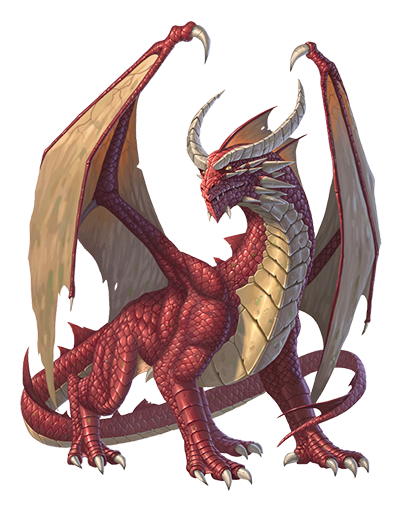Depends very much on the system and scenario, personally.
For more games, I try to have some level of customization. Time-consuming decisions are taken care of but with space for at least a few personal touches: pick a skill or choose an option from a couple presented on the sheet. Stuff like name, appearance, gender, quirks, etc. should be left wide open whenever possible (see below).
I should say I'm also a huge fan of the "playbook" idea that Apocalypse World brewed up and Dungeon World spread. I've seen the idea creep into some great Fate scenarios, too. Very helpful for a pick-up-and-play kind of game. If nothing else, the idea of having some pre-defined bonds/conenctions to other characters at the table that you can fill in when you sit down is hugely helpful. Far more useful in a one-shot than the usual 20 questions for character creation.
I wouldn't normally put in many rules unless I was writing an official demo module the company will distribute to other GMs to run. I also tend to not to run super-complicated systems, at least not as one-shots with strangers.
A lot of the scenarios I really like to run come with some character background and PC relationships baked in, too. I usually put those on a separate sheet the player can keep hidden and try to be short and sweet: give the player the required information but don't put in so much they are either overwhelmed or too constrained.
Other useful tools include table tents of some kind for character names. A very useful touch, especially if you'll run the same scenario repeatedly.
-
Derek Guder
Event Manager
Gen Con LLC

